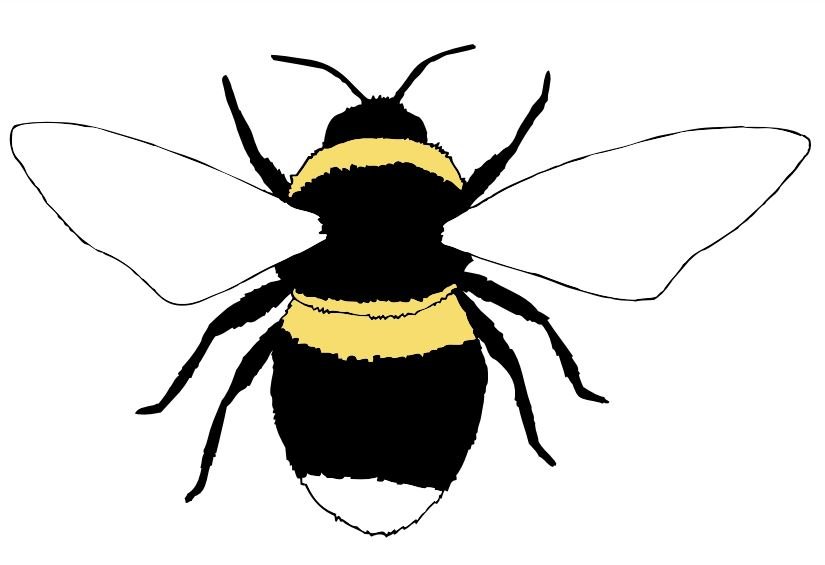Why reclaiming the countryside is as much about nurturing a relationship as it is about protest
Ninety years ago, the Kinder Scout Trespass saw 400 ramblers climb the Peak District’s highest point in protest for a greater public access. To tie in with that anniversary, activist, author and all-round countryside guru, Nick Hayes is campaigning to get more people out documenting their trespasses – his new book, The Trespasser’s Companion, serving as a call to action. “I’m putting my faith in the people,” he says. “I think there is power there.”
There are, of course, important ways in which to be a better trespasser, not least political, “aggression is not good for our campaign,” he says. If you want to stage your own trespass, Nick recommends following the Scottish outdoor access code, where most land and waterways became open access in 2003. It’s also about respecting privacy.
Confusingly, there’s currently “no distinction in the law between walking among 2,000 acres of deciduous woodland and someone’s urban back yard,” just one of the tensions underlining trespass legislation. Supporting the right to roam can be as simple as researching your local rights of way and making sure they’re not obstructed (visit whoownsengland.org, and slowways.org for routes that link towns and cities). Or using the draft letter on righttoroam.org.uk to write to your MP, or promoting the countryside code.
To follow in Nick’s footsteps, plan your own, seeking deeper understanding by talking to the people who’ve lived on the land for years. “Ask about the legends and spirits that operate within it,” he suggests. “The stories you don’t find out from history books.” With his emphasis on close relationships to the land, it’s unsurprising that Nick also is infuriated by much-circulated pictures showing litter-strewn nature: not because he doesn’t think it’s an issue, rather he disagrees with it as a basis for limiting access. “It’s only by spending time in the countryside that we develop a connection with it,” he says, pointing to research showing the less litter there is, the less likely people will drop it.
Rather than setting the wild swimmer against the fisherman, we all need to promote responsibility to the countryside – what better way than by encouraging greater access for all? “If we’re going to stop trashing the planet, we need a collective refalling in love with nature.”
You can read the whole of our interview with Nick Hayes in our May issue, which is in shops now.
Buy this month's The Simple Things - buy, download or subscribe






